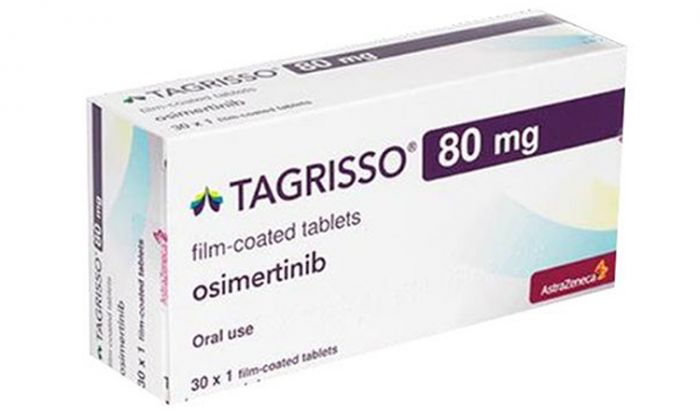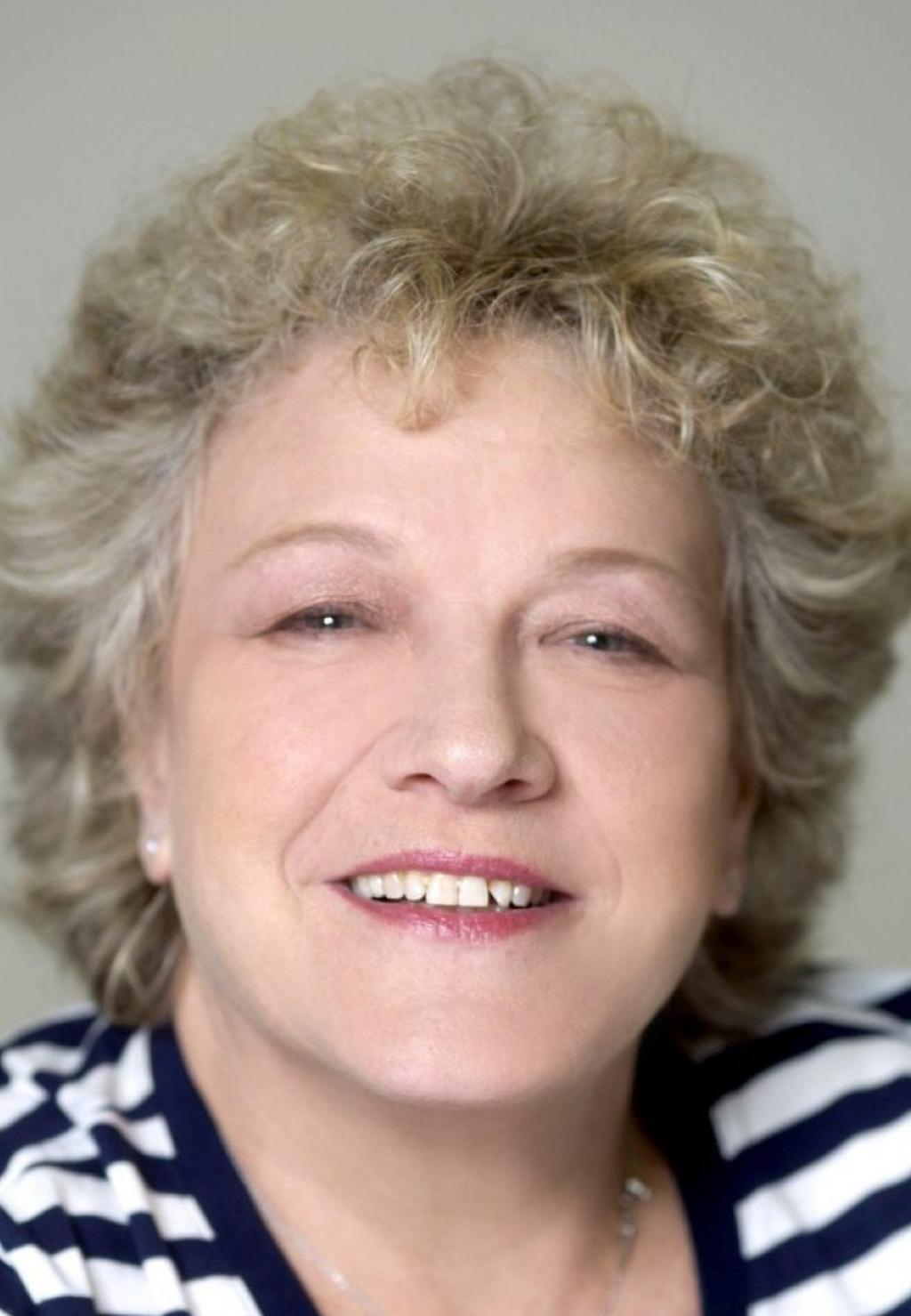Getting your Trinity Audio player ready...
A new study published this weekend during the American Oncology Association conference gives new hope to some lung cancer patients, including in Israel.
The study’s findings suggest that the medication used to treat non-small-cell lung carcinomas known as Tagrisso prevents lung cancer resurgence within a large percentage of patients who were diagnosed at a relatively early stage of their illness (stages 2 or 3).
Tagrisso is currently in Israel’s “drug basket” and has so far been used to treat patients in stage 4 of the disease and with metastasizing tumors.
The study found that even at earlier stages, when there is no metastasis, the drug can prevent the resurgence and progression of the disease.
The study included 682 lung cancer patients with the EGFR mutation (a mutation in the epidermal growth factor receptor), from 20 countries around the world, including Israel.
All underwent surgery to remove the growth from their lungs, and then split into to two groups: one taking the drug and the other receiving only chemotherapy.
Ninety percent of the patients who received Tagrisso saw no evidence of the disease after two years of receiving treatment. This is in comparison to only 53% of the patients receiving chemotherapy.
"The results of the study are excellent," says Dr. Mia Gottfried, director of the Oncology Institute at Meir Medical Center in Kfar Saba.
“If I can give a complementary treatment that is not chemical to patients, that would be excellent. The risk of recurrence is reduced, and to date no other treatment has succeeded as a complementary treatment.”
Dr. Gottfried said that the drug could potentially be suitable for about 17% of lung cancer patients.
“All the patients who participated were patients undergoing complete resection surgery. That is, patients undergoing surgery to as a cure before the metastatic stage,” she said.
The Tagrisso group was better in all parameters compared to the chemo group, says Dr. Gottfried, adding that, “there is still no overall survival parameter because five years have yet to pass. But the period of time until the disease resurfaced was far better for those who received the drug than those who did not."
One of the patients treated with the drug is 73-year-old Gideon Meir, a resident of Mevaseret Zion.
“There is no doubt that there is great hope in this drug,” says Meir, despite the fact that the study findings are relevant to patients diagnosed at an earlier stage than his. “In December 2018, I was diagnosed with stage 4 metastatic lung cancer. And in January 2019, I started taking this medicine while it wasn't in the ‘medicine basket.’ Back then they gave me a test that showed I have the EGFR mutation, meaning I was a candidate for treatment with Tagrisso.”
According to Meir, “the drug was right for me, and it has given me, up until now, a year and a half of life and made chemotherapy obsolete for me. It's a life-saving drug. Since I started using it, I have been to Italy and also South Korea, Austria and London.”
Because the treatment for cancer, and especially lung cancer, is individual and tailored for each patient according to the mutation discovered, a treatment may be effective for one patient but not another.
“My message is to do early detection tests. This study basically says that if the patient has the appropriate mutation, the drug can save his life. My family doctor played a key role in me receiving the tests. I urge people to go get tested. It's all about awareness. I live a normal life thanks to this drug.”
Despite not knowing how long will the drug remain effective, Meir is thankful for it.
“It gave me the opportunity to enjoy life,” he says.




